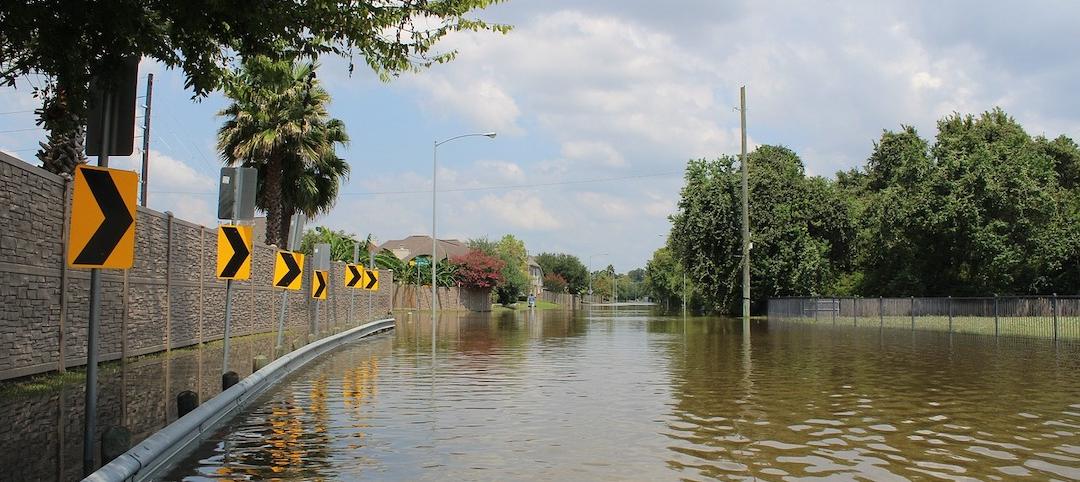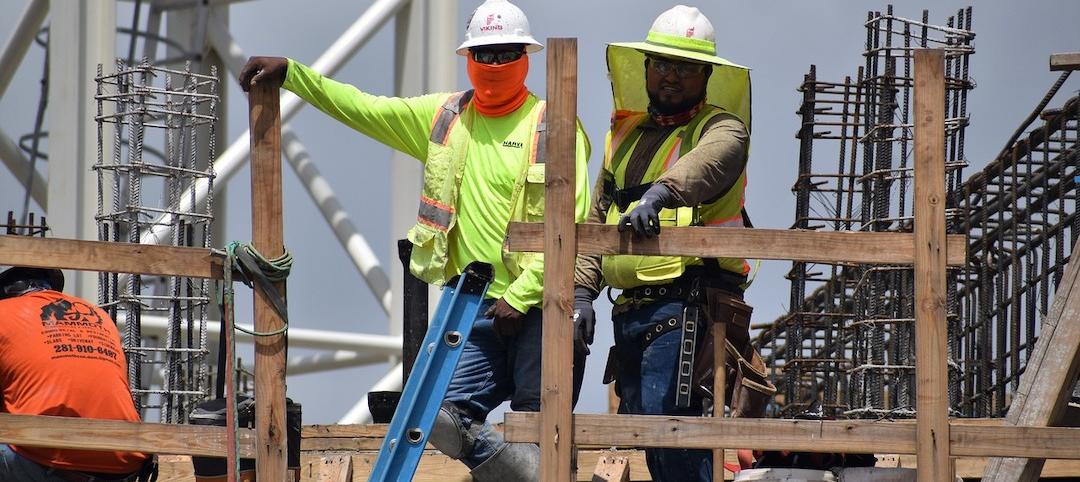The Centers for Disease Control and Prevention issued a report on the Occupational Safety and Health Administration’s review of 20 heat-related enforcement cases from 2012 to 2013. The key finding: CDC supports OSHA’s analysis suggesting that the primary risk factor for heat fatalities is the lack of acclimatization programs.
Of the 13 enforcement cases described in the CDC’s Morbidity and Mortality Weekly Report that involved worker fatalities, nine of the deaths occurred in the first three days of working on the job, and four of them occurred on the worker’s first day. In all 20 cases, heat illness prevention programs were found to be incomplete or absent, and no provision was made for acclimatizing new workers to heat.
Acclimatization is a critical part of preventing heat illnesses and fatalities, and workers should gradually build up workloads and exposure to heat by taking frequent breaks for water and rest in shade or air conditioning, OSHA says. OSHA’s national Campaign to Prevent Heat Illness in Workers raises awareness about the risks for heat-related illness or death and provides tools to help prevent them.
The agency recommends that employers have prevention programs that include oversight, hazard identification, a formal acclimatization program, modified work schedules as necessary, training, and emergency planning to prevent heat-related fatalities. OSHA has a free application for mobile devices that enables workers and supervisors to monitor the heat index at their work sites. For more information and resources in English and Spanish see www.osha.gov/heat.
(http://content.govdelivery.com/accounts/USDOL/bulletins/c8b77e)
Related Stories
Codes and Standards | Jan 19, 2022
Canada’s Trudeau seeking building codes changes, net-zero emissions building strategy
Prime minister also wants net-zero electricity grid by 2035.
Codes and Standards | Jan 18, 2022
Greater emphasis on building materials needed to achieve net-zero carbon offices
Engineered wood, straw, and bamboo can be keys to achieving goal.
Codes and Standards | Jan 17, 2022
AISC seeks comments on draft earthquake standard for steel buildings
Includes new limits for cross-sectional slenderness of steel columns based on latest research.
Codes and Standards | Jan 12, 2022
California’s wildfire building code significantly reduces structural loss
As other states consider upgrading their codes, Golden State provides useful model.
Codes and Standards | Jan 12, 2022
Regulator holding back climate-friendly, energy-saving equipment deployment, critics say
Heat pumps, solar power could be made more accessible for low-income communities in Massachusetts.
Codes and Standards | Jan 11, 2022
Cost hikes drive nearly one million renters out of homeownership qualification in 2021
Household income needed to pay a mortgage rose to $62,872 from $55,186.
Codes and Standards | Jan 10, 2022
New ratings services focus on climate risk for homeowners
Efficacy of models used in risk assessment varies.
Codes and Standards | Jan 6, 2022
Virginia contractors having a tough time finding diverse subs to meet state goals
Survey of primes may indicate similar issues at federal level.
Codes and Standards | Jan 5, 2022
Boston drops parking requirements for affordable housing
Measure expected to spur new projects.
Codes and Standards | Jan 4, 2022
Dept. of Energy Better Climate Challenge aims for 50% GHG emission reduction by 2030
Program offers technical assistance and peer-to-peer knowledge sharing.
















